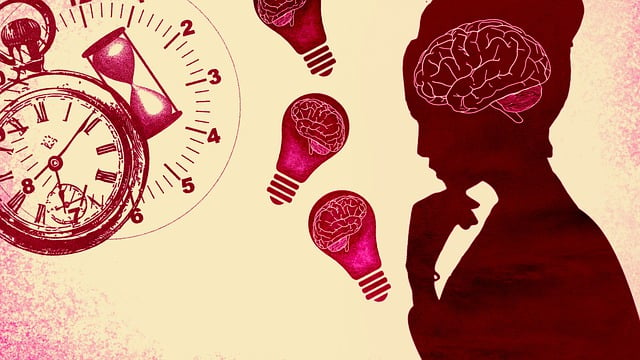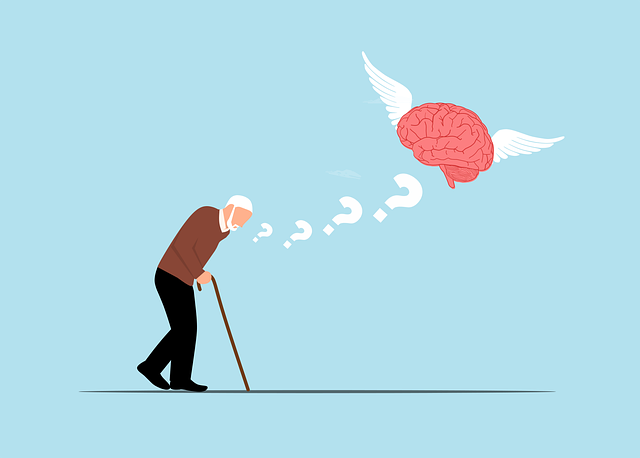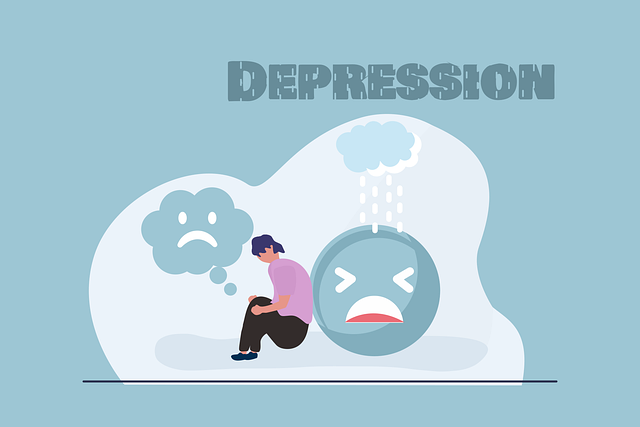Aurora Bilingual Therapy tackles mental illness stigma through comprehensive programs: tailored Mental Health Education, Depression Prevention strategies, and culturally sensitive practices. Their multilingual services bridge language barriers, empowering diverse communities to access mental health resources. Educational initiatives normalize conversations about mental well-being, while media advocacy promotes accurate representations and encourages self-care. Aurora also pushes for policy changes, fostering an inclusive society that supports individuals with mental health conditions through coaching and social skills training.
Mental illness stigma remains a significant barrier to individuals seeking help. This article explores diverse strategies aimed at reducing this societal burden, from understanding stigma’s profound impact on mental health seekers to innovative initiatives like Aurora Bilingual Therapy, which bridges cultural gaps in care. We delve into educational efforts, media representation, and policy changes, highlighting the collective responsibility to foster a more supportive society for those battling mental illness.
- Understanding Stigma: Its Impact on Mental Health Seekers
- Aurora Bilingual Therapy: A Cultural Bridge to Reduction
- Educational Initiatives: Dispelling Myths in Schools and Communities
- Media Representation: Shaping Public Perception Positively
- Policy Changes: Advocating for Supportive Legal Frameworks
Understanding Stigma: Its Impact on Mental Health Seekers

Stigma surrounding mental illness can have a profound impact on individuals seeking help, often deterring them from pursuing treatment or sharing their struggles openly. This social stigma, deeply rooted in societal perceptions, contributes to the isolation and suffering of those affected by conditions like depression or anxiety disorders. The consequences are severe; many mental health seekers may avoid professional support altogether, fearing judgment or discrimination, which can exacerbate existing symptoms.
Aurora Bilingual Therapy plays a crucial role in reducing this stigma through comprehensive Mental Health Education Programs Design tailored for diverse communities. By promoting understanding and empathy, these programs aim to foster an environment where individuals feel safe to discuss their experiences without fear of repercussions. Additionally, integrating Depression Prevention strategies into therapy sessions equips clients with coping mechanisms, encouraging proactive mental well-being management. Such initiatives contribute to effective Risk Management Planning for Mental Health Professionals, ensuring a supportive and inclusive therapeutic setting.
Aurora Bilingual Therapy: A Cultural Bridge to Reduction

Aurora Bilingual Therapy serves as a powerful cultural bridge in mental illness stigma reduction efforts. By offering therapy services in multiple languages, it breaks down barriers that often prevent individuals from seeking help due to language or cultural differences. This inclusive approach is particularly vital for communities where access to mental health resources has traditionally been limited.
The therapy program not only caters to diverse linguistic needs but also respects and incorporates cultural nuances, fostering an environment of trust and understanding. Through tailored self-care routine development for better mental health and community outreach program implementation, Aurora Bilingual Therapy empowers individuals to overcome stigma and seek the support they deserve. Its unique approach is a testament to the transformative power of cultural sensitivity in enhancing mental illness stigma reduction efforts.
Educational Initiatives: Dispelling Myths in Schools and Communities

Educational initiatives play a pivotal role in reducing the stigma surrounding mental illness by providing opportunities to learn and dispel myths in schools and communities. Programs like Aurora Bilingual Therapy focus on integrating mental health education into diverse learning environments, ensuring that students from various backgrounds gain essential insights into recognizing and managing their emotional well-being. Through interactive workshops and engaging discussions, these initiatives aim to normalize conversations about mental health, fostering an atmosphere where individuals feel comfortable seeking support.
By designing Mental Health Education Programs that cater to different age groups and cultural contexts, communities can empower young people with the knowledge to identify signs of distress in themselves and others. Moreover, incorporating Mental Wellness Coaching Programs into school curriculums enables teachers and peers to become supportive networks, promoting early intervention and preventing conditions like depression from escalating. Such proactive measures not only contribute to a healthier society but also ensure that individuals affected by mental illness receive the understanding and support they need.
Media Representation: Shaping Public Perception Positively

Media representation plays a pivotal role in shaping public perception about mental illness, significantly impacting stigma reduction efforts. Positive portrayals in movies, TV shows, and news media can normalize conversations around mental health, encouraging empathy and understanding from the general public. Organizations like Aurora Bilingual Therapy are at the forefront of this movement, advocating for accurate and diverse representations that reflect the lived experiences of individuals with various mental health conditions. By showcasing strength, resilience, and recovery in media, we can foster a more compassionate society where people feel comfortable seeking help without fear of judgment.
Incorporating cultural sensitivity in mental healthcare practice is essential to this process. Media has the power to highlight the unique challenges faced by diverse communities, promoting awareness and tailored support services. This approach not only reduces stigma but also encourages the development of inner strength through representation that resonates with personal experiences. Self-care practices, when popularized through media, can inspire individuals to prioritize their mental well-being and recognize the importance of seeking professional help when needed.
Policy Changes: Advocating for Supportive Legal Frameworks

Reducing stigma associated with mental illness requires collective efforts, and policy changes play a pivotal role in this journey. Advocacy for supportive legal frameworks is an essential step towards fostering understanding and acceptance. Mental health policies can ensure that individuals suffering from mental illnesses are protected against discrimination and have access to adequate resources. This includes legislation promoting equal opportunities in employment, education, and healthcare for those with mental health conditions.
At Aurora Bilingual Therapy, we believe in the power of policy advocacy to create a more inclusive society. Our efforts extend to supporting the development of Mental Wellness Coaching Programs and Social Skills Training initiatives that can be integrated into educational systems and workplaces. By advocating for these changes, we contribute to building communities that offer empowerment and Confidence Boosting opportunities for individuals navigating mental health challenges, ultimately breaking down barriers and fostering a culture of care and support.
Reducing the stigma surrounding mental illness is a multifaceted endeavor, requiring efforts from various sectors. From raising awareness through educational initiatives and media representation to policy changes that advocate for supportive legal frameworks, significant progress has been made. Notably, programs like Aurora Bilingual Therapy play a crucial role in bridging cultural gaps and providing essential services to diverse communities. By combining understanding with targeted interventions, we can foster an environment where individuals affected by mental health issues feel supported and empowered to seek help without fear of judgment.














